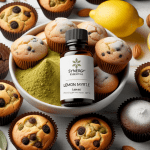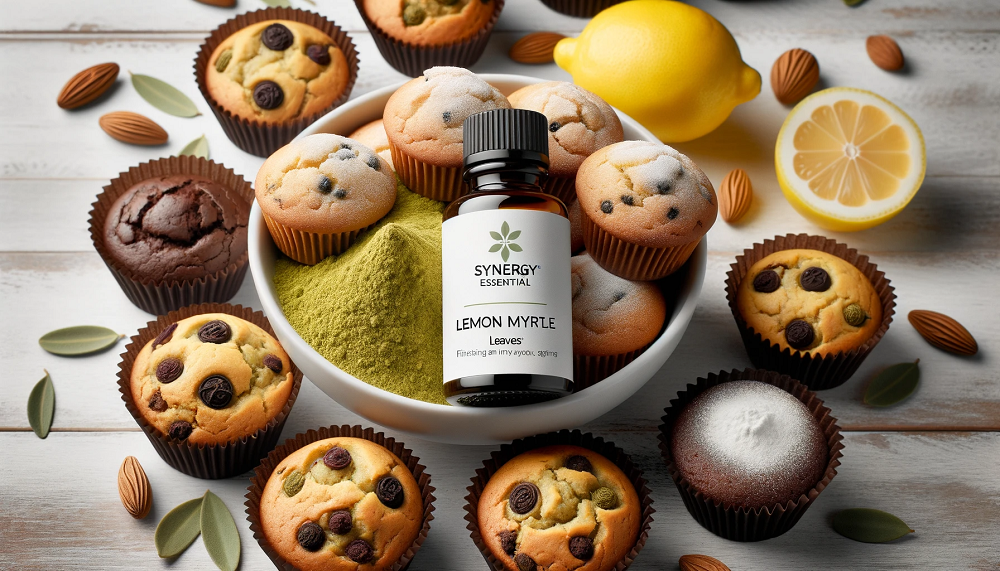- India’s herbal supplements market projected to reach USD 8.796 billion by 2033.
- Turmeric remains the leading product; Moringa is fastest-growing.
- Rising consumer interest in plant-based wellness fuels demand.
- Regulatory updates expected to tighten quality oversight.
- Brands prioritizing transparency and sourcing gain consumer trust.
What It Is and Why It Matters Now
Herbal supplements are concentrated forms of plant extracts, powders, or compounds consumed to support general well-being. In India, they have deep roots in traditional systems like Ayurveda but are now merging with modern consumer trends. According to Forbes and industry market reports, the sector’s growth is driven by increasing health awareness, demand for natural options, and global interest in India’s botanical heritage.
In 2025, renewed focus on preventive health and functional foods is converging with technological innovations in extraction and quality testing, making the herbal sector a focal point of India’s wellness economy (Economic Times).
Benefits and Evidence
Popular herbs like turmeric (Curcuma longa) contain bioactive compounds such as curcumin, researched for their antioxidant properties. Moringa oleifera is rich in vitamins and phytonutrients. While several peer-reviewed studies indicate potential benefits for supporting overall wellness, evidence often highlights associations rather than proven cause-effect outcomes.
Limits and considerations:
- Herbal effects can vary by quality, dosage, and the individual’s health status.
- Some herbs may interact with prescription medicines or have side effects.
- Human clinical research is still limited compared to conventional pharmaceuticals.
How to Use
Incorporating herbal supplements can be as simple as adding turmeric to recipes, or as structured as following packaged supplement guidelines. Always follow labeled instructions and seek professional advice where needed.
| Form | Common Use | Tip |
|---|---|---|
| Powder | Mixed in smoothies, teas, or curries | Pair turmeric with black pepper for better absorption |
| Capsule | Measured dosage for convenience | Check certificate of analysis from the brand |
| Extract | Concentrated drops in water | Start with low dose to assess tolerance |
Quality and Sourcing
Choosing herbal supplements from reputable brands is essential. Look for markers like third-party testing, standardized extracts, and clear labeling of botanical names. Assess whether the supplier is transparent about origin, cultivation practices, and processing methods.
At Synergy Essential, we focus on traceable sourcing, validated potency, and contaminant-free manufacturing processes to align with global quality benchmarks and upcoming Indian regulatory standards.
FAQs
Are herbal supplements regulated in India?
Yes, they fall under AYUSH guidelines, but stricter enforcement is evolving in 2025.
Can I take herbal supplements daily?
It depends on the herb, dosage, and your health; consult a qualified health professional.
Is Moringa better than Turmeric?
They have different nutrient profiles; choice should match individual wellness goals.
How quickly will I see results?
Herbal supplements typically work gradually; noticeable effects may take weeks or months.
Do they have side effects?
Some herbs may cause digestive upset or interact with medicines; check with your doctor.
Disclaimer
This article is for informational purposes only and is not intended as medical advice. Always consult a physician or qualified health provider before starting any supplement regimen.
Conclusion
India’s herbal supplements sector is set for robust expansion through 2033, with innovation, scientific validation, and regulatory rigor shaping its path. As consumers become more informed, brands like Synergy Essential that combine tradition with transparent quality control are likely to thrive. Explore more insights and updates on our official blog.

